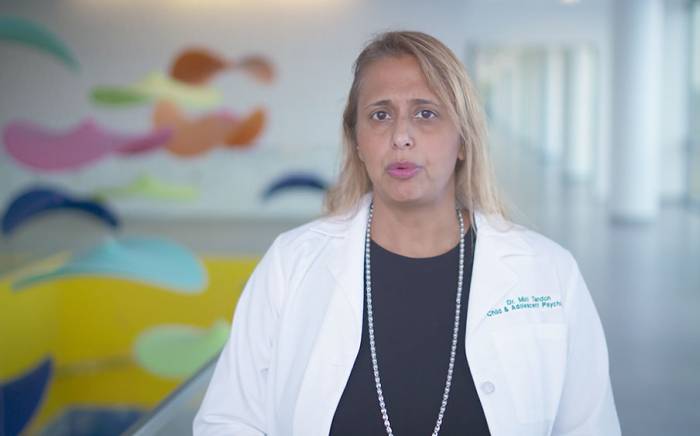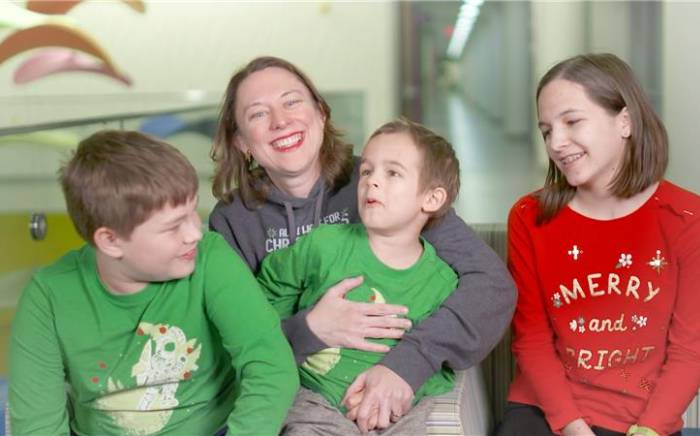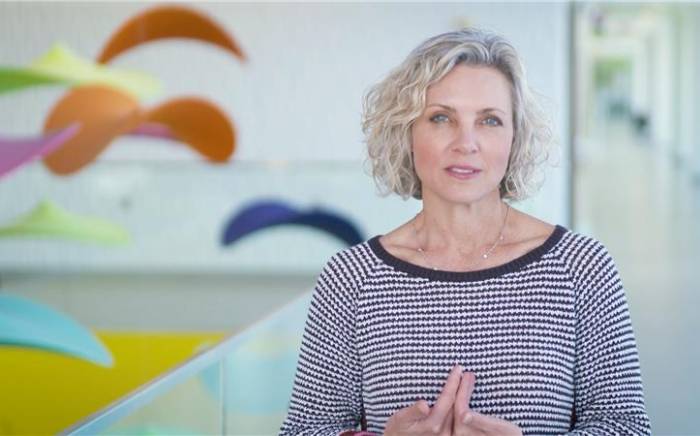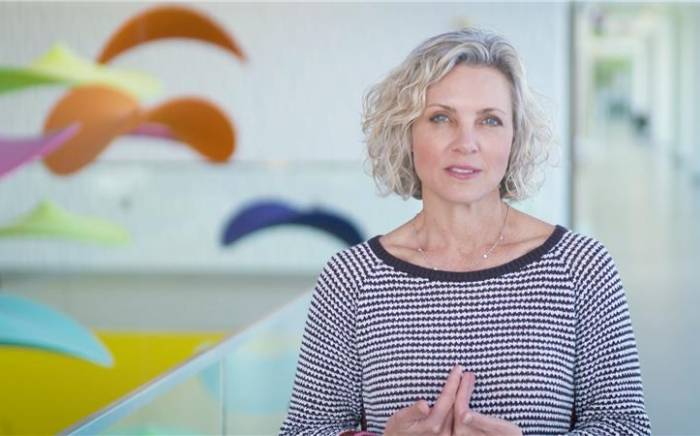When Andy Streiff was 17 years old he was a typical high school junior who was busy all the time.
So when he started to feel faint and under the weather during basketball practices for Saint Louis Priory School, he thought he might have the flu or maybe something else. But then he started fainting, and his coach became concerned and called his parents.
“My mom is an OB/Gyn so I went to her office and had some blood work done,” he says. “A few days later, I was in the emergency department at St. Louis Children’s Hospital. I knew something was wrong, but I thought I could fight through it.”
Andy was admitted on a Friday, and his parents, Gigi and Paul, were told his diagnosis could be several different things, so the hospital wanted to keep him under observation and do more tests.
“On Monday, January 25, 2010, I was diagnosed with acute lymphoblastic leukemia (ALL),” Andy says. “It was really difficult for my entire family because I was a healthy kid, and then, suddenly, I wasn’t.”
His oncologist at St. Louis Children’s Hospital, Allison King, MD, MPH, says the symptoms for children diagnosed with leukemia can be somewhat vague, and the children often do not feel like themselves.
“We really don’t know until diagnostic blood tests are completed,” she says.
He was also diagnosed at a later age than many children with leukemia, so that put him at a higher risk for complications, Dr. King says.
Andy spent 10 days in the hospital following his diagnosis and underwent various treatments and evaluations, including chemotherapy and bone marrow biopsies.
“My nurses and doctors were very straightforward with me because they knew I was old enough to understand what I was facing,” he says. “They told me I was highly treatable and an early responder.”
He calls St. Louis Children’s Hospital a “healing place” for kids and the place that helped save his life.
“I thought it was an extremely welcoming place to be, and everyone from the doctors and nurses to the maintenance workers and security guards were so nice,” he says. “Everybody who works there clearly wants to be there and enjoys helping others.”
After his hospitalization, Andy’s treatment included regular chemotherapy, which intensified over the summer between his junior and senior year.
“Both of my parents took on the role of caregivers and my brother, Taylor, and family and friends were so supportive,” he says. “My girlfriend, Sydney, and her family were always there for me, too.”
Andy says being able to go back to finish high school helped him feel normal. He also appreciated how everyone at his school supported him and accommodated his medical needs.
Now in remission, Andy, 20, and his girlfriend, Sydney, are juniors at Sewanee: The University of the South in Tennessee. Andy is studying pre-med because he comes from a “family of doctors” and works as an EMT for a student-run ambulance service, while also volunteering with a local fire department.

“I was looking for something where I could help people in a way that people helped me,” he says.
While in college, Andy has continued monthly visits for blood tests at Vanderbilt Children’s Hospital. This past summer, he also did research with a pediatric oncologist at the Children’s Hospital at Vanderbilt, where he studied a different type of leukemia.
Dr. King says his prognosis is great and like all teenagers there were times he needed to slow down because of his illness and recognize that the leukemia not only takes a physical toll, but also an emotional toll.
“I love Andy and I love his family and friends. Everyone rallied around him,” she says. “Despite everything he’s been through he wants to give back to others and he’s shown that by working as an EMT and his interest in medicine.”







